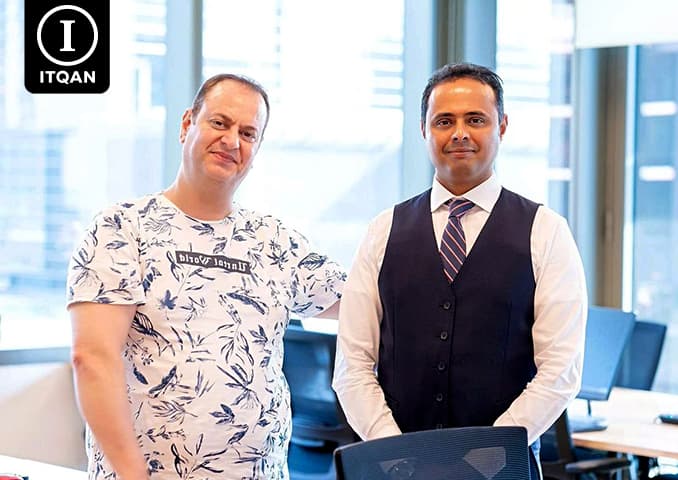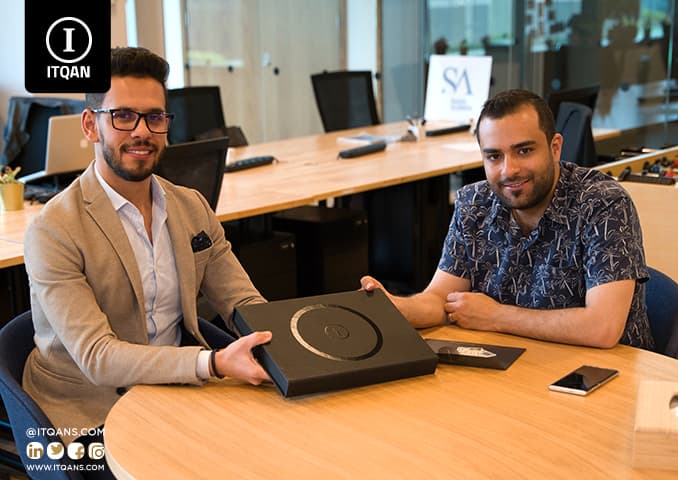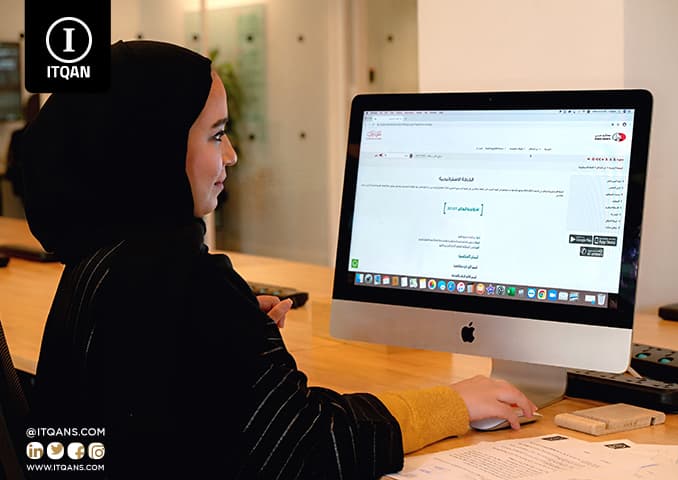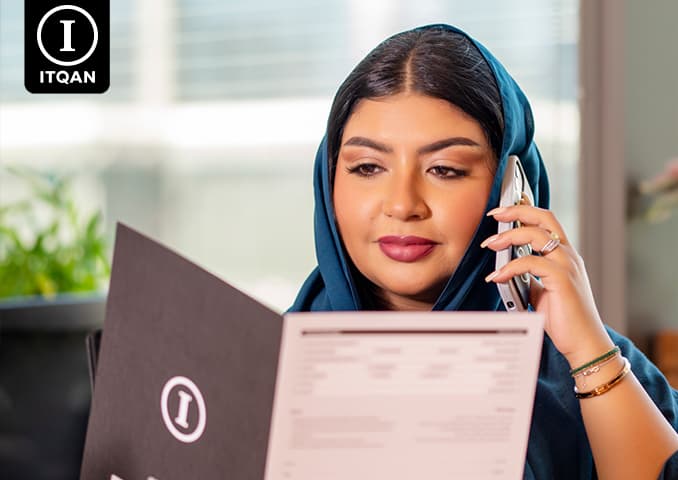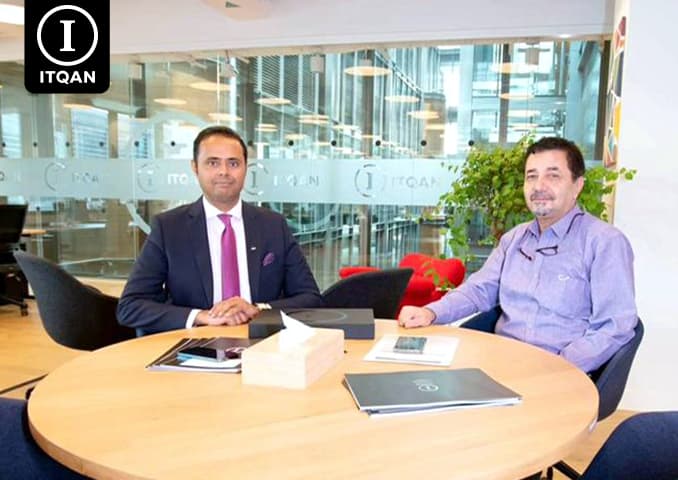Opening a bank account in Dubai for non-residents is an essential step for many individuals and companies seeking to invest or live in this leading global city. Dubai provides a stable financial environment and advanced banking facilities that make it an attractive destination for those wishing to manage their money easily and safely. Opening a bank account is an important step to facilitate daily financial transactions, whether related to investments, trade, or even daily life. This can be a challenge for some, especially with the different procedures and requirements between banks, but by following the right steps and getting the right advice, non-residents can benefit from the various banking services in Dubai with ease. In this article, we will review how to open a bank account in Dubai for non-residents, the requirements for the process, and the steps that must be followed to achieve this successfully.

جدول المحتوى
ToggleHow to open a bank account in Dubai for non-residents
Opening a bank account in Dubai for non-residents can be complicated due to the multiple requirements and procedures, but cooperation with Itqan makes this process smoother and easier. Itqan provides specialized services to help individuals and companies open bank accounts in Dubai, benefiting from its extensive experience and deep knowledge of local banking procedures. The process begins with providing detailed consultations to determine the most appropriate bank and banking products that suit the client’s needs. Itqan prepares and prepares all required documents, including identity and residency verification, and submits them to the bank on behalf of the client. It also provides ongoing support throughout all stages of the process to ensure compliance with all legal and banking requirements. Thanks to Itqan’s services, non-residents can open a bank account in Dubai quickly and effectively, allowing them to take advantage of the financial opportunities in this dynamic city.
Steps to open a bank account in Dubai
Opening a bank account in Dubai for non-residents requires following certain steps to ensure compliance with all legal and banking requirements. Below are the steps to open a bank account in Dubai for non-residents:
Choosing the appropriate bank:
- Search for banks that provide services to non-residents.
- Choose a bank that provides banking services that suit your financial needs.
- A valid passport.
- Visit or residence visa.
- Proof of address (utility bill, rental contract).
- Reference letter from current bank (if required).
- No objection certificate from the employer (if required).
Determine the account type
- Choose the desired bank account type (current account, savings account, commercial account).
- Know the minimum balance requirements and account fees.
- Fill out the request form to open a bank account.
- Submit all required documents to the bank.
- A personal interview may be requested in some cases.
Verification and approval:
- The bank reviews and verifies the submitted documents.
- After approval, the bank account is opened and the account number is issued.
- Deposit the initial amount if required.
- Receive your debit card, check book (if available), and other account details.
Account management:
- Use electronic banking services to manage the account.
- Ensure compliance with all bank requirements for account maintenance.
- By following these steps, non-residents can easily open a bank account in Dubai and benefit from the banking services available in this global city.
Conditions for opening a bank account in Dubai for non-residents
Opening a bank account in Dubai for non-residents requires compliance with a set of conditions and requirements set by banks to ensure transparency and legal compliance. Here are some basic conditions that non-residents must meet to open a bank account in Dubai:
- Personal documents: A valid passport. A copy of the visit or residence visa.
- Proof of address: A recent utility bill (electricity, water). And a residential lease contract.
- Reference letter from current bank: A letter from the customer’s current bank stating good banking (if required).
- Proof of source of funds: Documents proving the source of funds, such as a salary certificate or proof of income from work or investment.
- Minimum Balance: Some banks require a certain minimum deposit when opening an account. Verify the minimum balance requirements, which vary from one bank to another.
- No objection certificate from the employer (if required): A letter from the current employer stating his approval to open the account.
- Anti-Money Laundering Procedures: Comply with all bank requirements related to anti-money laundering and terrorist financing.
- Personal attendance: Some banks may require the customer to appear in person to conduct an interview and submit documents.
- Purpose of opening the account: Clarifying the purpose of opening the account such as investing, managing personal expenses, or business.
By following these conditions, non-residents can easily open a bank account in Dubai and benefit from the financial opportunities available in this global city.
Requirements for opening a corporate bank account
Apart from opening personal bank accounts, it is also possible for investors and business owners to open corporate/business accounts in Dubai. There are two types of corporate bank accounts available in Dubai. External company accounts and internal company account.
There are many differences between offshore and onshore bank accounts. Offshore Dubai company accounts are less expensive compared to local company bank accounts. But opening this account is difficult due to the high minimum account balance.
An in-house company account in Dubai is more expensive but can help you get a residence visa in the UAE. It is also helpful to have the freedom to choose banks, and minimum account balance requirements.
Steps to establish a company in Dubai
Establishing a company in Dubai requires following a set of steps to ensure compliance with all legal and administrative requirements. Here are the basic steps to establish a company in Dubai:
- Determine the type of business activity: Determine the business activity you wish to practice, whether it is commercial, industrial, or service.
- Choosing the type of company: Determine the type of company you want to establish, such as a limited liability company (LLC), a branch of a foreign company, or a sole proprietorship.
- Choosing a company name: Choosing a unique name for the company that complies with the standards of the Department of Economic Development (DED) and does not conflict with other registered names.
- Trade name reservation: Reserve the chosen trade name through the Department of Economic Development.
- Submit a request for initial approval: Submit a request to obtain initial approval from the Department of Economic Development to practice the chosen commercial activity.
- Preparing the Memorandum and Articles of Association: Preparing and signing the Memorandum and Articles of Association of the company. The documents must be signed in front of a notary.
- Choosing a business location: Renting an office or shop to conduct business. And obtain a lease contract certified by the Real Estate Regulatory Authority (RERA).
- Submitting documents to obtain a commercial license: Submit all required documents, including the lease contract, articles of incorporation, and articles of association, to the Department of Economic Development.
- Obtaining additional approvals (if necessary): Some commercial activities require additional approvals from the relevant government authorities.
- Receiving the commercial license : After completing all requirements and paying the fees, the commercial license is issued.
- Registering the company with other authorities: Registering the company with the Department of Finance to obtain the establishment number. Register with the Federal Authority for Identity and Citizenship to obtain an establishment card.
- Opening a bank account for the company: Submitting the documents required to open a bank account in the name of the company.
- Obtaining work visas: Submit an application for work visas for employees, if available. By following these steps, you can easily establish a company in Dubai and take advantage of the distinguished business environment that the city provides.
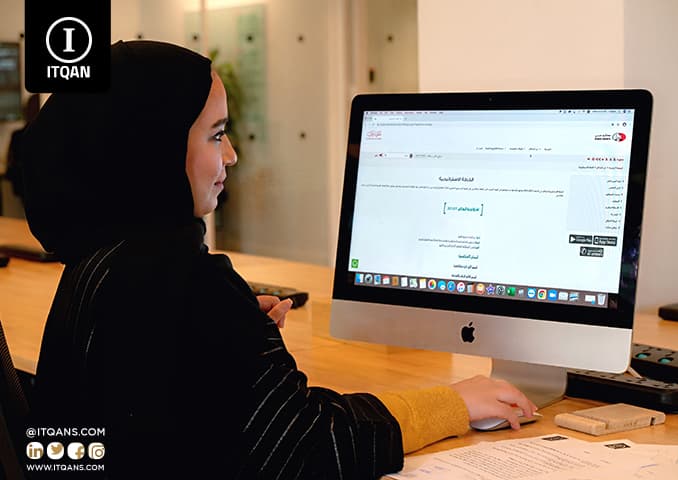
The importance of a company in Dubai
Establishing a company in Dubai carries many benefits that make it a favorite destination for investors and entrepreneurs from all over the world. Here are some of the key importance and benefits of setting up a company in Dubai:
- Prosperous economic environment: Dubai is considered one of the fastest growing cities in the world, providing great opportunities for businesses in various sectors.
- Strategic Location: Dubai is located in a strategic geographical location between Asia, Europe and Africa, making it an important commercial center for international trade, transportation and shipping.
- Advanced infrastructure: Dubai has a world-class infrastructure that includes modern airports, ports, roads and communications that facilitate business.
- Favorable tax system: Dubai has a low or no tax system in some free zones, which provides tax incentives for companies.
- Ease of establishing a business: Dubai provides easy and quick procedures for establishing companies, with support and assistance from government agencies.
- Specialized Free Zones: Dubai has a number of free zones that provide multiple benefits such as full foreign ownership and tax exemptions.
- Diverse labor market: Dubai provides a diverse and international work environment, with a large presence of qualified human resources from different parts of the world.
- Investor Protection: Dubai provides a solid legal framework to protect investors’ rights and ensure fairness and integrity in business dealings.
- Wide investment opportunities: Dubai has various investment opportunities in sectors such as real estate, tourism, financial services, technology, and trade.
- Strong government support: The Dubai government provides strong support to investors and entrepreneurs through policies to encourage investment and provide incentives.
- High standard of living: Dubai provides a high standard of living and advanced social, health and educational services, making it an attractive destination to live and work.
Establishing a company in Dubai can be an important strategic step for achieving business growth and prosperity, as the city offers a supportive and stimulating environment for business and investment.
In conclusion, opening a bank account in Dubai for non-residents is an important strategic step that opens doors to many financial and business opportunities in this dynamic city. Thanks to streamlined procedures and support from banks and advisory services, non-residents can easily establish bank accounts and benefit from Dubai’s advanced banking infrastructure. It is essential to adhere to the requirements and submit the necessary documentation to ensure a smooth and successful process. By choosing the right bank and getting the right advice, you can make the most of the opportunities available and achieve financial success in a thriving economic environment like Dubai.
Frequently asked questions about how to open a bank account in Dubai
Can non-residents open a bank account in Dubai?
Yes, non-residents can open a bank account in Dubai provided that they provide the required documents and comply with the conditions set by the bank.
Do I have to come in person to open the account?
In most cases, opening an account requires the client to be present in person to submit documents and sign the required forms.
What types of bank accounts are available for non-residents?
Non-residents can open current accounts, savings accounts, and fixed deposit accounts. Terms and benefits vary by bank and account type.
What is the minimum deposit required to open an account?
The minimum deposit varies from bank to bank and account type, so inquire with your specific bank about these requirements.
Can foreigners fully own companies in Dubai?
Yes, foreigners can fully own companies in free zones. In non-free zones, partial ownership by a local partner is required.





